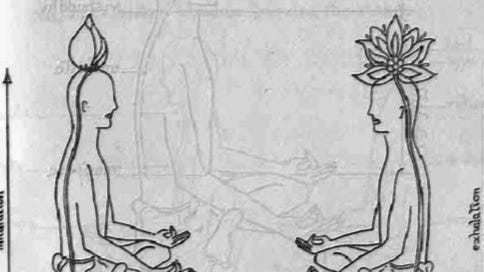My sister went to a catholic school and I loved going to pick her up after school. I loved the halls, ladened with Jesus dying on a cross, I loved the nuns that would parade across the lawns. I loved the feeling of being in a shrine, on holy ground, how goodness was expected in these soft moments where God resided. There’s something different about the …
Keep reading with a 7-day free trial
Subscribe to How To Cure A Ghost to keep reading this post and get 7 days of free access to the full post archives.





